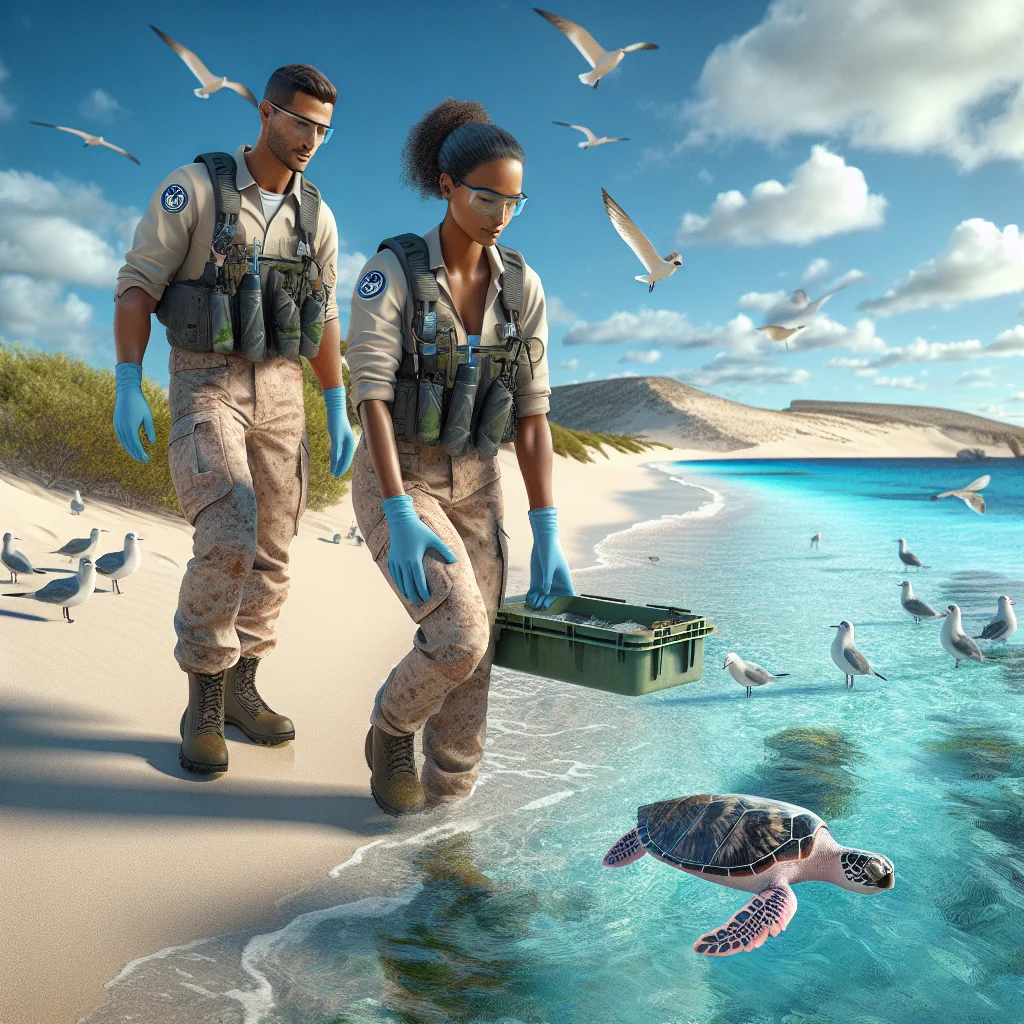Formentera's Role in Global Wildlife Conservation Efforts
May 15, 2025

Formentera, a gem of the Mediterranean Sea, offers not only breathtaking landscapes but also a unique opportunity to witness and contribute to global wildlife conservation efforts. As a mecca for eco-tourism, Formentera invites travelers to explore its diverse ecosystems, engage with the native flora and fauna, and support initiatives that protect its natural heritage. This article outlines the ecological significance of Formentera, the conservation programs currently in place, and practical ways for travelers to ensure their visit leaves a positive impact on this beautiful island.
The Ecological Importance of Formentera
Formentera is home to a rich diversity of environments, including sandy beaches, rocky cliffs, and lush wetlands, all of which contribute to a complex ecosystem. The island boasts numerous endemic species—plants and animals that are not found anywhere else in the world. The Posidonia oceanica seagrass meadows surrounding Formentera are a vital component of its marine ecosystem, serving as a habitat for various species of fish and contributing to the health of the Mediterranean Sea.
Unique Marine Life
While visiting Formentera, one may encounter a variety of marine species, including dolphins, sea turtles, and multiple species of fish. These creatures rely on the pristine waters and abundant seagrass for survival. Engaging in activities like snorkeling or diving with a focus on responsible practices not only enhances your experience but also helps protect these vulnerable species.
Conservation Initiatives on the Island
Formentera has implemented various conservation initiatives aimed at protecting its unique wildlife and habitats. The island's government has established several protected areas, including the Salinas de Formentera Natural Park, a crucial refuge for migratory birds and numerous marine species. This area serves as a ecological safeguard and supports biodiversity, while also providing a space for tourists to appreciate nature.
Protecting Posidonia Oceanica
Central to conservation efforts is the protection of the Posidonia oceanica seagrass beds, which are crucial for maintaining water clarity, preventing coastal erosion, and serving as a nursery ground for fish. The island's authorities have introduced measures to limit boat traffic in sensitive areas, create awareness about the importance of the seagrass meadows, and promote eco-friendly boating practices among visitors. Educational campaigns have successfully engaged both locals and tourists, emphasizing the need to protect this vital marine ecosystem.
Exploring Formentera Responsibly
Visitors to Formentera play a critical role in wildlife conservation. By adopting eco-conscious practices during their stay, travelers can minimize their ecological footprint and help preserve the island’s natural treasures. Here are some tips for responsible exploration:
1. Choose Sustainable Activities
Opt for eco-friendly excursions that prioritize the environment, such as kayaking or guided nature walks. These activities promote low-impact tourism and offer an intimate way to appreciate the island's beauty.
2. Stay on Designated Paths
When hiking or exploring natural areas, always stick to marked trails and paths. This helps protect native plants and prevents soil erosion, ensuring that Formentera’s ecosystems remain intact for future generations.
3. Practice Leave No Trace Principles
As a responsible visitor, follow the Leave No Trace principles—pack out what you pack in, respect wildlife, and dispose of waste properly. Simple actions can significantly reduce your impact on the environment.
4. Support Local Conservation Efforts
Engage with local NGOs or community initiatives that focus on wildlife conservation. Participating in clean-up efforts, educational workshops, or wildlife monitoring programs provides direct support to the preservation of Formentera’s biodiversity.
Cultural Connections to Nature
The relationship between Formentera’s people and their environment is deeply rooted in their culture. Traditional fishing methods and local agricultural practices have historically been sustainable, shaped by the rhythms of nature. Visitors are encouraged to explore this cultural connection by attending local events or participating in workshops that focus on sustainable practices.
Local Festivals and Events
Formentera hosts various festivals dedicated to nature and the environment, where community members unite to celebrate their cultural and natural heritage. These events provide an opportunity for tourists to engage with locals, learn from their practices, and understand the significance of conserving their unique ecosystem.
Conclusion
Formentera stands as a beacon of biodiversity and a model for sustainable tourism. From the vibrant underwater ecosystems to the protected natural parks, there’s a wealth of opportunities to connect with nature while supporting conservation efforts. By adopting eco-friendly practices and engaging with local initiatives, visitors can ensure that their journeys contribute to keeping Formentera’s natural beauty thriving for years to come.
Back